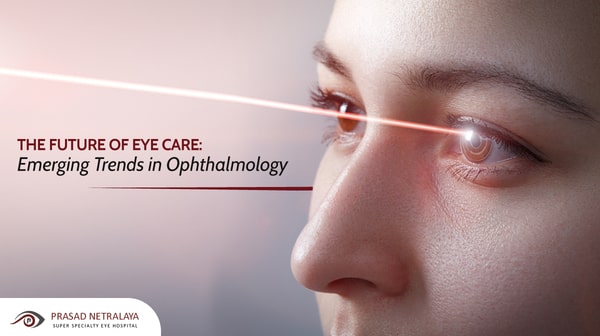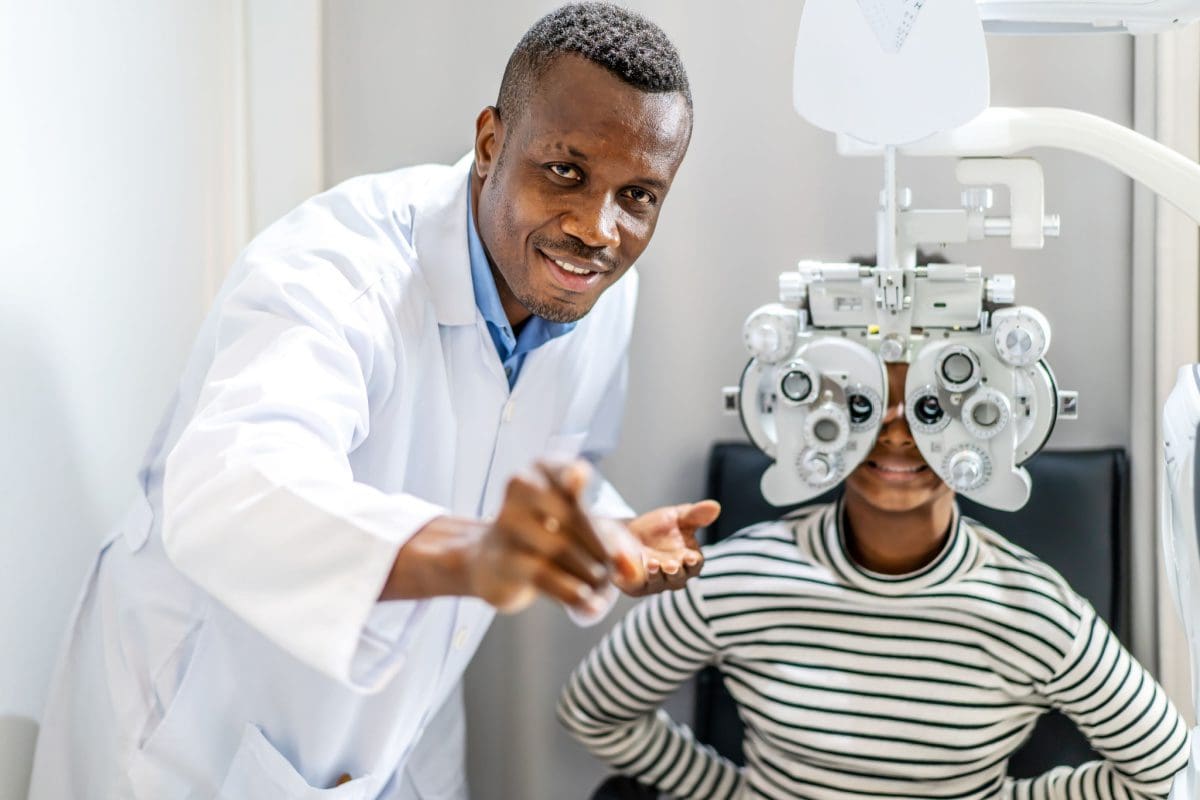Andalusia Ophthalmologist: Committed Vision Look After Every Patient
Andalusia Ophthalmologist: Committed Vision Look After Every Patient
Blog Article
Is Refractive Surgery Right for You? Aspects to Take Into Consideration for Better Eyecare
In the realm of eye treatment, the choice to undertake refractive surgery is a significant one that requires thoughtful factor to consider. From the ins and outs of one's ocular health and wellness to the intricacies of everyday practices and personal assumptions, each aspect holds significance in the broader landscape of refractive surgery candidateship.
Eye Wellness Analysis
When taking into consideration refractive surgical procedure, a detailed eye health and wellness assessment is essential to assess the viability of the treatment for every individual. neurologist andalusia. This examination includes a series of examinations and examinations carried out by an eye care specialist to figure out the total health and wellness of the eyes, the presence of any kind of hidden conditions, and the security of the refractive error
Throughout the assessment, different factors are considered, such as the patient's case history, present eye prescription, corneal thickness, student size, and tear movie quality. These evaluations help to determine any contraindications to refractive surgical procedure, such as corneal abnormalities, cataracts, or untreated eye infections. Furthermore, the evaluation assists to manage individual assumptions relating to the potential results of the surgical procedure based on their special eye characteristics.
Inevitably, the eye health examination is important in ensuring the security and effectiveness of refractive surgical procedure, as it offers important understandings right into the person's eye health standing and helps establish the most appropriate therapy choices for attaining optimal aesthetic end results. (eye doctors in andalusia)
Way Of Living Analysis
An extensive lifestyle assessment is integral in determining the suitability of refractive surgical treatment for an individual's aesthetic improvement requirements. Lifestyle aspects such as occupation, pastimes, and day-to-day activities play an essential function in the decision-making process relating to refractive surgical procedure.
Moreover, way of living practices such as sporting activities participation, outside tasks, or perhaps skin care routines can influence the recovery procedure and overall success of refractive surgical treatment. People who involve in call sports might require to take extra precautions to secure their eyes throughout the healing duration. Furthermore, people with comprehensive sunlight exposure might require additional post-operative like prevent issues. By carrying out a comprehensive lifestyle evaluation, eye treatment specialists can tailor their recommendations and treatment plans to satisfy the one-of-a-kind requirements of each person, ultimately resulting in enhanced visual results and satisfaction.
Assumption Alignment

People need to understand that while numerous individuals attain 20/20 vision or much better following refractive surgical procedure, some may still call for glasses for certain tasks like reading or driving at night. Taking care of these expectations assists protect against frustration and frustration post-surgery, leading to a more positive total experience for the individual.
Threat Analysis

Factors that may boost the danger of problems consist of age, certain medical problems like autoimmune diseases, unpredictable vision prescription, thin corneas, and unrealistic person expectations. Furthermore, picking a skilled and experienced specialist, adhering to pre and post-operative care directions faithfully, and disclosing any type of appropriate clinical history can assist alleviate threats.
To minimize the possibility of difficulties, eye doctors conduct extensive pre-operative analyses to identify any contraindications to surgical treatment. They likewise review the potential risks and benefits with clients throughout the consultation process. By taking part in open communication and shared decision-making, both the eye doctor and the client can interact to figure out if refractive surgery is the best option based upon individual risk accounts and wanted outcomes.
Consultation Significance
Taking into consideration the crucial function of informed decision-making in examining dangers and prospective issues in refractive surgical procedure, the appointment procedure holds substantial relevance in leading patients in the direction of ideal end results. Throughout the examination, the ophthalmologist examines the individual's eye health, refractive mistakes, and general suitability for surgery. This initial analysis is vital in figuring out the most ideal treatment for each person, considering factors such as corneal density, pupil size, and existing eye problems.
Moreover, the appointment serves as an opportunity for people to discuss their assumptions, worries, and any type of inquiries they may have regarding the surgical treatment. Clear communication in between the patient and the doctor is vital to ensure sensible expectations and a detailed understanding of the prospective threats and benefits included.
Additionally, the appointment enables the doctor to discuss the various medical alternatives available, their corresponding results, and the post-operative treatment required. This detailed conversation empowers people to make well-informed decisions about their eye care, causing better complete satisfaction and end results post-surgery.
Conclusion
Finally, people considering refractive check my source surgical treatment needs to undertake an extensive eye health and wellness analysis, assess their lifestyle routines, straighten their expectations with prospective outcomes, examine the involved threats, and prioritize consultations with eye treatment professionals. These variables play a critical function in establishing the suitability of refractive surgical treatment for each individual, ensuring ideal end results and fulfillment with the procedure.
Individuals considering refractive surgical procedure frequently have high assumptions pertaining to the results, expecting best vision without the demand for glasses or call lenses. While refractive surgery can considerably improve vision and reduce reliance on visual help, it is critical for patients to understand that results may vary based on individual factors such as the degree of refractive mistake, corneal density, and total eye wellness.
By involving in open interaction and shared decision-making, both the eye doctor and the individual can work together to establish if refractive surgery is the right selection based on private danger accounts and desired end results.
Thinking about check my site the important duty of notified decision-making in assessing risks and potential problems in refractive surgical treatment, the appointment process holds considerable relevance in assisting patients in the direction of optimal outcomes. Throughout the consultation, the eye doctor evaluates the individual's eye health, refractive mistakes, and overall suitability for surgical procedure.
Report this page